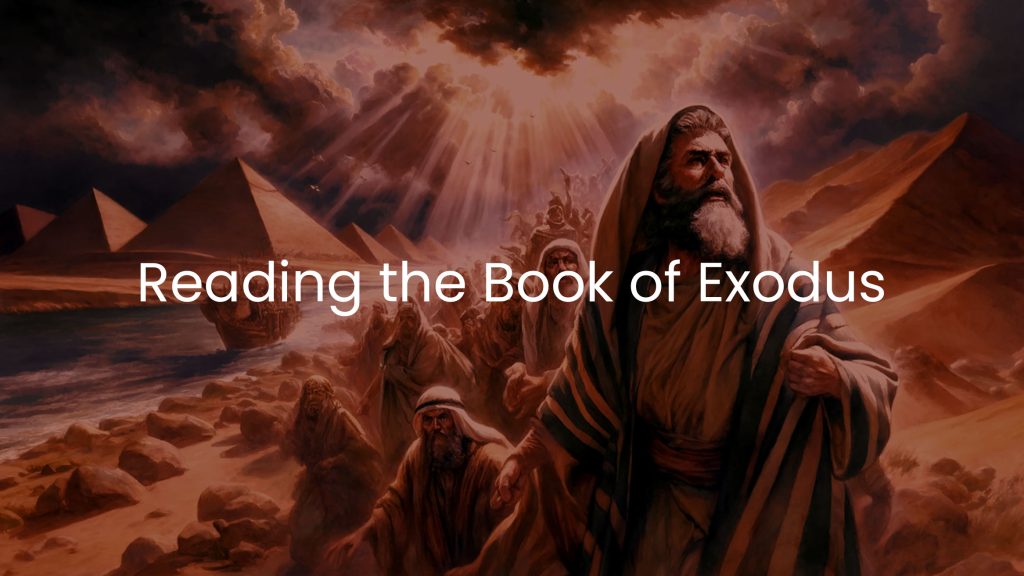|
Getting your Trinity Audio player ready...
|
The Lord will fight for you, and you have only to be silent (Exodus 14:14, ESV).
The Book of Exodus is the book of miracles in the Bible. Let me state my beliefs: these stories are historical, true, and accurate.
Within biblical history, two major periods of time exist when miracles explode — the exodus of the Israelites from Egypt and the three-and-a-half-year ministry of Jesus on earth. Yes, miracles occur throughout the Bible (and in our lives today), but concentrated depictions of miracles are found more frequently in the Book of Exodus and the Gospels.
And since the Book of Exodus is one book and the Gospels comprise four books, the Book of Exodus is the book of miracles in the Bible. (An OG or “Old Guy” digression: the Book of Acts contains about 40 miracles.)
A partial list of the miracles in the Book of Exodus includes. . .
Pharaoh’s daughter finding Moses in a basket in the Nile, God appearing in a burning bush, Moses’ rod turning into a serpent, the ten plagues of Egypt, the Red Sea parting, God giving the Ten Commandments, and providing manna from heaven.
One scholar lists 47 miracles in the Book of Exodus. Wow! And the key to these victories and miracles can be found in just one verse. . .
The Lord will fight for you, and you have only to be silent.
Moses told Pharaoh, “Let my people go!” This theme resonates throughout the Book of Exodus and remains relevant to us today as the predominant reason for the miracles in both the Book of Exodus and the Gospels.
As Jesus said, “The Spirit of the Lord is upon me. . . to set free those who are oppressed” (Luke 4:18-19, NASB).
Unfortunately, the “Book of Miracles” (Exodus) also reads as a “Book of Tragedy,” or what happens when God’s people stop focusing on God. Soon after witnessing the miraculous plagues in Egypt that set them free, the Jews find themselves between the Red Sea and a pursuing Pharaoh’s army.
Do we find them standing in faith? Nope, instead they tell Moses. . .
Is it because there are no graves in Egypt that you have taken us away to die in the wilderness? (Exodus 14:11a, ESV)
This grumbling continues in Exodus with the “Golden Calf” incident, Miriam and Aaron challenging Moses, and the entire nation quarreling with Moses about water. Phrases and words like speaking against, grumbling, complaining, quarreling, and revolting against seem to be as numerous in the book as the miracles God performs.
How can a “Book of Miracles” also be a “Book of Grumbling”?
One lesson that the Israelites needed to learn — and we still do today: as God told Moses. . .
“I am who I am.” And he said, “Say this to the people of Israel: ‘I am has sent me to you’” (Exodus 3:14, ESV).
That’s it, the difference between faith in difficulty or useless complaining — a needed focus on God who is “I AM” or self-existent, all-powerful, and ever-present.
A God who sets us free! Let’s read the Book of Exodus.

